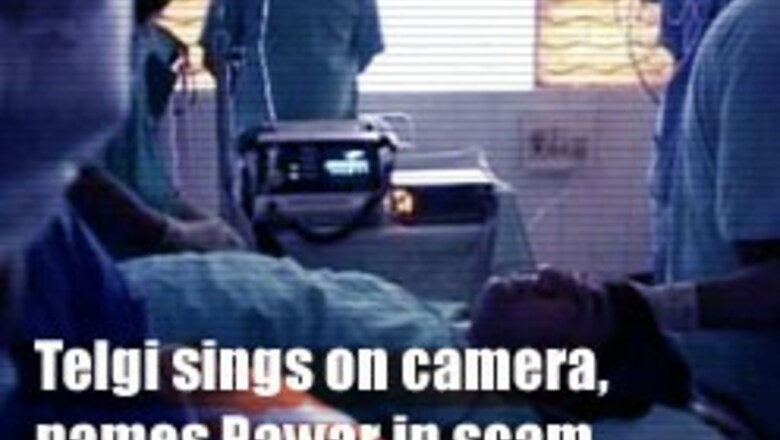
views
New Delhi: ‘narco-analysis, polygraph and brain-mapping tests cannot be conducted on an accused or a suspect without their consent’, said Supreme Court on Wednesday.
These tests, which are often used as an aid during investigations by probe agencies, are different from each other, but all are aimed at collecting vital information.
Narco-analysis is a controlled administration of intravenous hypnotic medications called truth drugs on a suspect to procure vital information.
A polygraph, popularly referred to as a lie detector, is an instrument that measures and records several physiological indices such as blood pressure, pulse, respiration and breathing rhythms and skin conductivity while a suspect is asked a series of questions.
Deceptive answers are said to produce physiological responses that can be differentiated from those associated with non-deceptive answers.
Brain-mapping is a comprehensive analysis of brainwave frequency bandwidths. In this test, forensic experts apply unique neuroscience techniques to find out if a suspect's brain recognises things from a crime scene which an innocent person's brain will have no knowledge of.
In brain-mapping, sensors are attached to the suspect's head and he or she is made to sit in front of a computer screen. The suspect is then made to see images or hear sounds.
The sensors monitor electrical activity in the brain and register certain waves which are generated only if the suspect has any connection with the stimulus (image or sound).



















Comments
0 comment